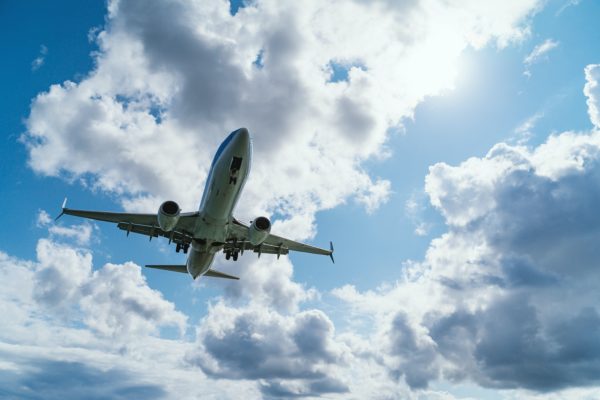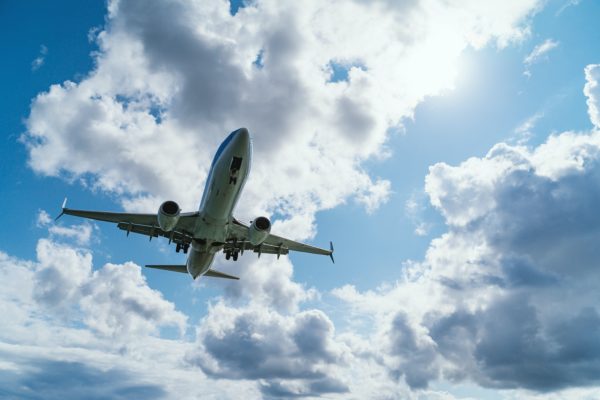
5 Myths About Travelling During Covid-19

The COVID-19 outbreak has caused a lot of uncertainty worldwide as it is a new disease that experts are still trying to understand. In the meantime, in fear of the unknown, a lot of speculation has been made that is inaccurate. In the travel industry, in particular, it is damaging when statements are made about COVID-19 that are untrue, preventing people from travelling when in reality, it’s perfectly safe to do so, and within the guidelines set by worldwide governments.
Here we identify 5 myths about travelling during COVID-19:
Face masks will stop the spread – there is no proof that masks can stop the spread of COVID-19, but they can reduce the risk. While wearing a mask in public places is mostly mandatory, it’s a preventative measure that is highly recommended when travelling.
Existing travel medicines can work – since the early stages of the pandemic, conflicting reports state what medications can be taken as a remedy. As it stands, there isn’t a vaccine, so if you show any signs of symptoms, contact your travel provider immediately as there isn’t anything that can subside the effects.
All destinations have the same rules – it is your responsibility to check the destination before travel as each territory is different. Some impose bans on individual countries, while others require quarantine. Even in the UK, Scotland will have slightly different rules to England or Wales.
Travel insurance is void – due to the uncertainty, there a false misrepresentation not to obtain travel insurance as COVID-19 isn’t covered. However, each policy is different, and you should speak with your insurer beforehand to see how you are protected should any complications arise.
Infection is greater in confined spaces – while there is a greater risk when close to one another, as long as passengers socially distance, wear masks and wash their hands, the virus can be contained. Equally, with charted flights, there are significantly fewer passengers, reduced contact through queues and seating arrangements much more spacious.












































